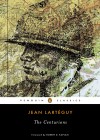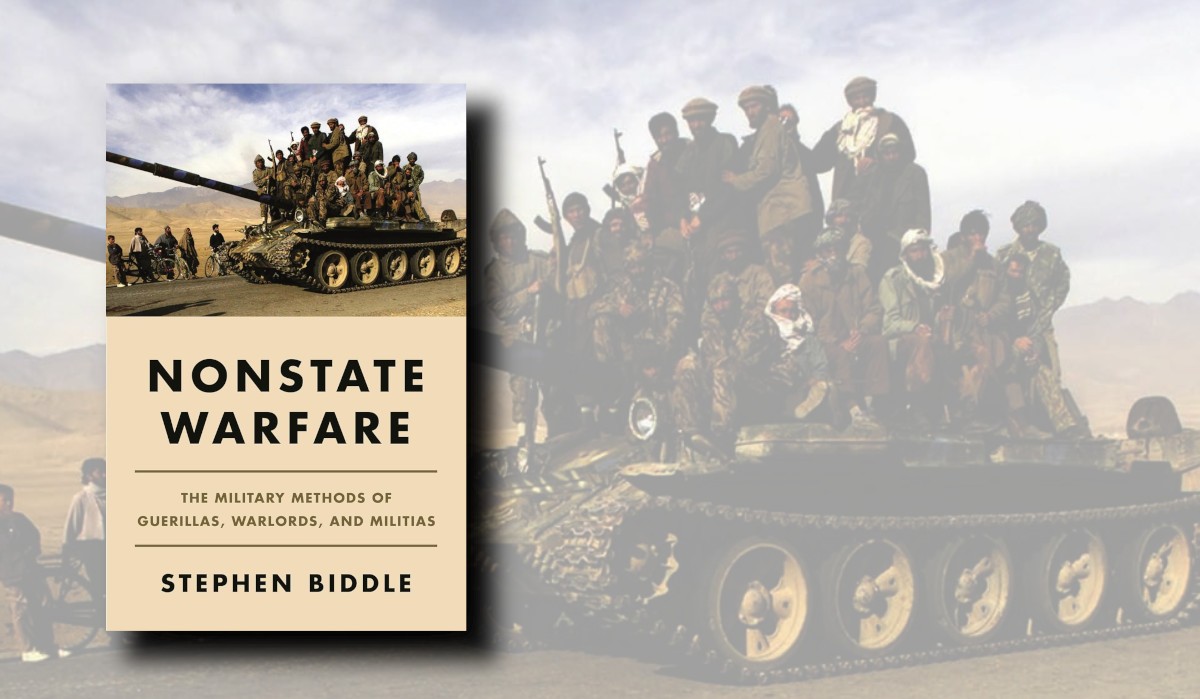Penguin Books, 2015, New York, ISBN: 9780143107446, 519 pp RRP: $37.99 (softcover)
Author: Jean Lartéguy
Reviewed By: Anastasia Easton
First published in 1960, Jean Lartéguy’s The Centurions chronicles the experiences of a group of French paratroopers who survive imprisonment in Indochina during the First Indochina War and return to France before later deploying to Algeria in military operations against the National Liberation Front. Having himself served in North Africa and Korea with the French Free Forces before becoming a journalist and war correspondent, Lartéguy’s knowledge underpins the novel’s vaunted realism. But just as vitally, his unique experiences define the complex characters who people his narrative and, in doing so, drive the novel’s powerful moral question: what price do such conflicts demand?
It is probably nigh on impossible to read almost any review of The Centurions and not find commentary on the novel’s skill in realistically depicting counterinsurgency warfare and advocates include preeminent US Generals Stanley McChyrstal and David Petraeus.[1] This depiction is clearest in the latter parts of the novel, but the groundwork is laid much earlier, as the paratroopers observe the tactics of the Viet Minh and recognise how conventional warfare falls short. Lartéguy reminds us that the politics of modern warfare is inescapable: in a Vietminh internment camp following the fall of Dien Bien Phu, one French officer argues to his peers that, ‘In the strategy of modern warfare, military tactics are a matter of secondary importance, politics will always take precedence’.[2] Staunch career officer Captain Glatigny later commits a form of social suicide when he publicly avows, ‘All warfare is bound to become political… an officer with no political training will soon prove ineffective’.[3] Such conversations highlight how the dynamic ambiguity of counterinsurgency operations necessitates the soldiers’ awareness of their social and political climate and creates the outsized impact of individual and small-group actions on the broader conflict. In The Centurions, these remarks also demonstrate the requisite transformation of these men from conventional soldiers to troops capable of conducting counterinsurgency operations.
In his foreword, Robert D Kaplan notes that US Special Forces (namely Green Berets) have long found The Centurions ‘resonated with their own experiences in Afghanistan and Iraq’.[4] It is easy to see why. The moral question around which The Centurions pivots may be one common across centuries of conventional warfare, but it is has been unmistakably amplified to razor-sharp intensity in the complex conflicts of the late-20th and early-21st Centuries. It asks us: what lines can be (perhaps must be) crossed to defeat an enemy that vanishes within the population like smoke, and respects no legal or military rules of war? Colonel Raspeguy’s renowned ‘two armies’ speech perfectly encompasses this tension. His desire to ‘have two armies: one for display, with lovely guns… the other composed entirely of young enthusiasts in camouflage battledress, who would not be put on display’[5] openly signals that the army fighting the enemy to win may need to act in ways that are not overt – or perhaps even acknowledged. This is painfully evident in the characters’ beliefs and actions over the novel’s trajectory. Captain Esclavier’s musings that, ‘We centurions… are the last defenders of man’s innocence against all those who want to enslave it in the name of original sin’,[6] emblematises his beliefs in a higher calling, a sense of moral righteousness. And yet his and the unit’s preceding actions in Algeria ask whether such defenders can themselves engage in the actions of the ‘enslavers’ without becoming what they fight against.
This fundamental moral question cannot be divided from the novel’s exploration of the costs incurred by those waging the war. In The Centurions, this price manifests in two different ways: the first, upon the soldiers’ return from Indochina; the second, during their deployment to Algeria. Van Horrick’s review notes that The Centurions foretold the challenges that arise when prolonged deployments in a war characterised by nebulous goals estrange soldiers from their country’.[7] Nowhere is this more evident than immediately following the paratroopers’ liberation; despite their shared suffering in Indochina, their return to France does not bring peace, nor the relief they had expected. Instead – to a man – the soldiers find themselves cast adrift in a country and society that make no sense to them, and within which they no longer seem to fit. Each struggles to re-orientate to the life he left behind, and to reconcile who he is expected to be. This sense of isolation and displacement clearly reflects how warfare (particularly prisoner of war experiences) and privation redefine people’s sense of self and their understanding of the world. It is only through connection with their fellow paratroopers that the men experience relief, a sense of solidarity. Drinking together not long after their return to France, Esclavier replies to Glatigny’s query about whether he has yet been home by saying, “No. I don’t know how to put it, but I can’t bear the idea… we’ve developed away from our homes…”’.[8] This disconnection from one’s home is likely familiar to many military veterans, and, as in the rest of his novel, Lartéguy renders it starkly and with unflinching honesty.
The portrayal of the human cost of warfare is further complicated in the latter third of the novel, during the unit’s deployment to Algeria. There, in their efforts to find a fingerhold against the dominance of the local insurgents – and triggered by the traumatic slaying and disfigurement of two of their own – Colonel Raspeguy’s paratroopers are confronted by what they must do to win. ‘We don’t find this sort of work particularly pleasant’, Glatigny declares, ‘but you’ve forced us to wage this sort of war’.[9] This observation is interesting for two reasons: the first, Glatigny’s belief that there is no other option, and the enemy has ‘forced’ his actions; the second, that perhaps the first half of that sentence is sometimes a lie. It is this, I would argue, that renders Lartéguy’s novel close to horrifying at times - his characters’ dehumanisation and erasure of women and non-Europeans aside. There are, in fact, points in Algeria where the paratroopers commit atrocities and do find them pleasant. Though the characters often dwell only minimally on their self-transgression, these choices require the abandonment of key parts of their morality, forcing the reader to face how the limits of humanity and decency are navigated in warfare.
Despite being over 60 years old, The Centurions remains a military classic that provides valuable insights into the conduct of counterinsurgency, including the moral question of permissible actions in pursuit of military objectives, and, just as vitally, the differing weights of war’s human costs. Lartéguy’s unflinching tale offers readers rare insight into a little-known world, and demands we confront what we ask of soldiers in modern conflicts, and what they choose – or are forced – to do in pursuit of the ultimate victory.
Endnotes
[1] Sophia Raday, ‘David Petraeus Wants this French Novel Back in Print!’, Slate, 27 January 2011, https://slate.com/culture/2011/01/jean-larteguy-s-the-centurions-it-s-coming-back-into-print.html
[2] Jean Lartéguy, The Centurions (Penguin Books, 2016), 134.
[3] Ibid, 247.
[4] Ibid, x.
[5] Ibid, 306 (emphasis added).
[6] Ibid, 393.
[7] Benjamin Van Horrick, ‘The Complicated Legacy of Jean Larteguy’s “The Centurions” and America’s Post-9/11 Wars’, Modern War Institute at West Point, 30 August 2023, https://mwi.westpoint.edu/the-complicated-legacy-of-jean-larteguys-the-centurions-and-americas-post-9-11-wars/
[8] Jean Lartéguy, The Centurions (Penguin Books, 2016), 257.
[9] Ibid, 488.



